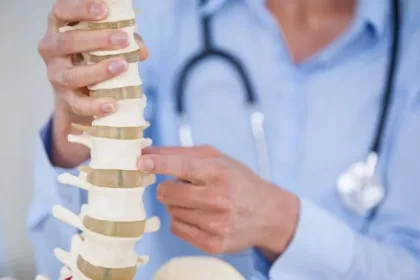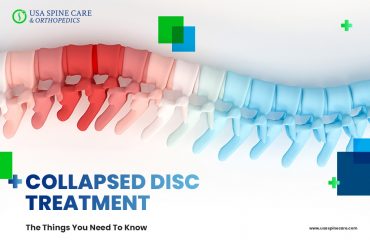

Degenerative disc disease is a common condition characterized by the breakdown of intervertebral discs. As discs deteriorate, they can cause pain, stiffness, and reduced mobility. While traditional open surgery has been a treatment option, biportal endoscopic spine surgery (BESS) offers a less invasive alternative.
BESS as a Treatment for Degenerative Disc Disease
BESS can address several aspects of degenerative disc disease:
- Decompression: By removing bone spurs and excess tissue, BESS can relieve pressure on the spinal nerves.
- Disc Removal: In some cases, BESS can be used to remove damaged disc material.
- Minimally Invasive Approach: BESS preserves spinal stability while minimizing tissue damage.
- Faster Recovery: Patients often experience quicker healing and a faster return to daily activities.
Patient Selection for BESS in Degenerative Disc Disease
Not all patients with degenerative disc disease are suitable candidates for BESS. Factors such as the severity of disc degeneration, the presence of spinal instability, and the patient’s overall health are considered when determining candidacy.
Outcomes of BESS for Degenerative Disc Disease
BESS has shown promising results in improving pain, function, and quality of life for patients with degenerative disc disease. While individual experiences may vary, many patients report significant relief from symptoms.
Conclusion
BESS is a valuable tool in the management of degenerative disc disease. By offering a minimally invasive approach to address pain and dysfunction, BESS provides an alternative to traditional open surgery for suitable patients.


